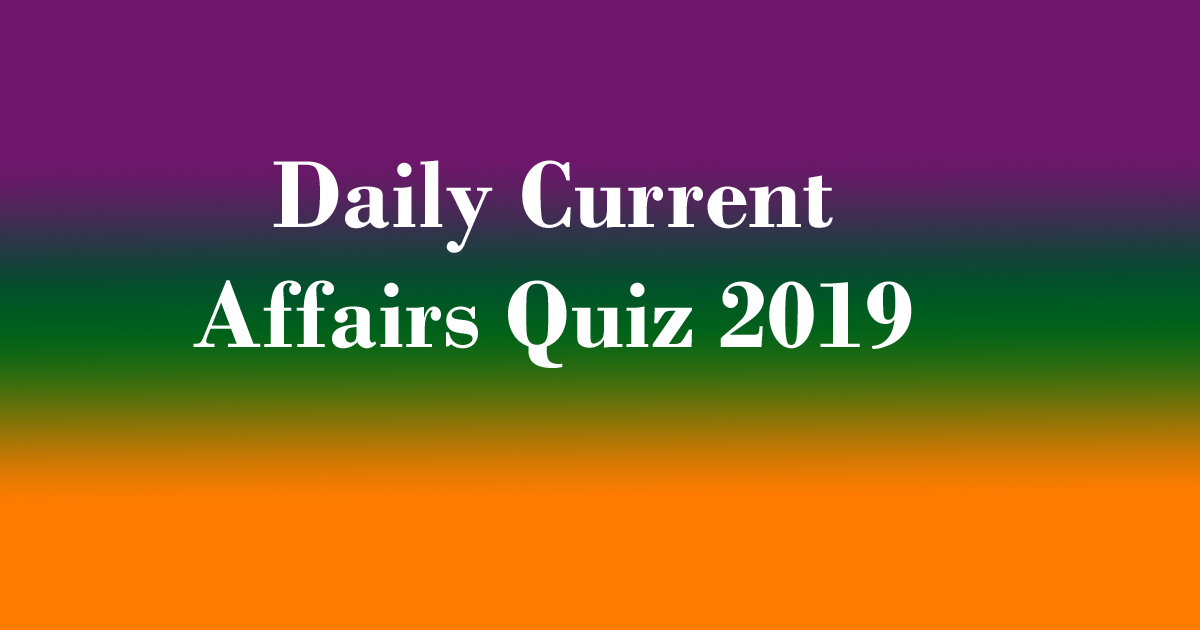
The centre underpaid the food subsidy bill to the Food Corporation of India (FCI) by as much as ₹69,394 crore in order to meet the fiscal deficit target of 3.4% of gross domestic product (GDP) in 2018-19. This rollover of the food subsidy bill, which is 41% of the budget estimate, was the highest during the first five years of the Narendra Modi government.
Of the total major subsidies, which include food, fertilizers and petroleum subsidies, only 74% was paid during 2018-19 against 83% a year ago, according to the Controller General of Accounts (CGA).
The underpayment of the food subsidy bill could push FCI into having to raise funds at a huge cost from external sources such as cash credit (CC) and short term loans from banks through open tenders and issue of bonds carrying interest. CC facility is provided by a consortium of 63 banks led by the State Bank of India and is secured by a guarantee from the central government.
FCI, established in 1964, is the main agency for procuring food directly from farmers at the minimum support prices announced by the government from time to time. It also implements the public distribution system and maintains buffer stocks of food grains. The difference between the cost of FCI’s overall operations and sales realization through the public distribution system is reimbursed by the government as the food subsidy bill. An audit of the FCI by the Comptroller and Auditor General (CAG) in 2017 revealed that it had to pay a huge amount of interest on funds raised from external sources, as it did not get the food subsidy reimbursement in time from the government. FCI also faces delays in recovering receivables from ministries, departments and state governments.
The short allocation of funds by the finance ministry towards the food subsidy is because of the competing financial priorities of the government, FCI told CAG during the audit. “This compels FCI to seek financing from external sources (towards working capital), thus increasing the interest burden, which gets added to the existing subsidy claims thereby increasing the claimable subsidy which is again followed by further short receipt of subsidy from the ministry. This vicious cycle eventually leads to an increase in the overall food subsidy burden of the government of India, which at least to the extent of interest paid for external financing is avoidable if timely subsidy claims were released by the ministry,” the audit report said.
The CAG, in a separate report released in January this year, criticized the Narendra Modi government for borrowing through off-budget channels to finance capital and revenue spending in 2016-17, a practice that masks the true extent of fiscal and revenue deficits.
The government should consider instituting a policy framework for off-budget financing, which should include a disclosure about its rationale and objective to parliament, the report recommended.
Shifting subsidies to the next year cannot be a long-term solution, economic affairs secretary Subhash Chandra Garg said in an interview after the interim budget was tabled in Parliament on 1 February.
“If one shifts expenditure from current year to the next, the expenditure next year would have to be more. So no advantage accrues through shifting. What CAG probably has said is sometime ago some of the expenditure were met through issue of fertilizer bonds and oil bonds. This is not happening in last couple of years,” he said. Garg said that FCI is fully funded. “They have debt for working capital purposes and they should have it. But beyond that nobody is shifting anything to them to pay for the government,” he said.





